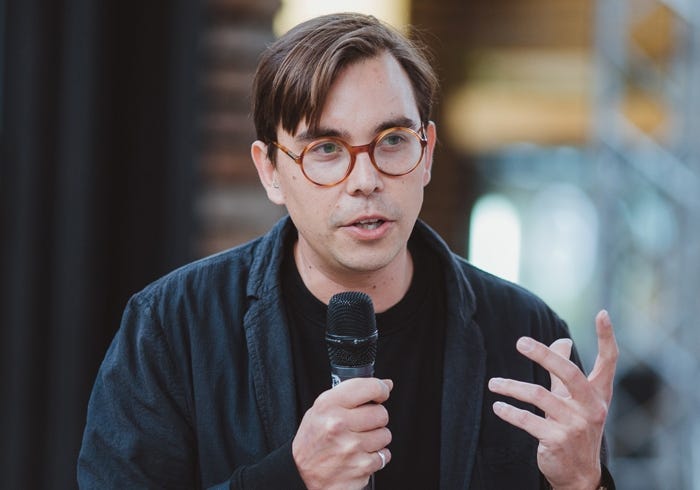Beyond Opacity: The Lost Philosophy of Technological Revelation
We stand at a precipice, gazing not into a future illuminated by technological progress, but into a deepening fog. Our increasing reliance on complex computational systems paradoxically leads to a new era of unknowing.
This is not a Luddite rejection of technology. It is a critical examination of how the intricacy of these systems, especially those powered by artificial intelligence, creates a fundamental shift in our relationship with knowledge. Tools designed to enhance clarity often obscure our vision.
"Computational opacity" is the core concern. This refers to the inherent difficulty, and often impossibility, of fully comprehending complex algorithms and AI systems. Even the creators may struggle to explain their decisions.
Deep learning neural networks are "black boxes." These systems are trained on vast datasets, identifying patterns and making predictions without explicit programming. This emergent behavior is powerful, but opaque.
This opacity has profound implications. It impacts accountability, transparency, and the nature of truth in a digitally mediated world. Trusting systems we don't understand is problematic.
A critical gap exists between the rapid deployment of AI and our ability to grasp its consequences.
Technologies are not neutral tools; they embody specific forms of power and social order. Surrendering cultural authority to technological expertise is dangerous.
Technological complexity, particularly AI, contributes to a "new dark age." This article will delve into the philosophical underpinnings, practical consequences, and potential pathways toward mitigating its most troubling aspects.
We will first examine "computational opacity" in detail. This includes defining its forms, exploring the challenges of Explainable AI (XAI), and its relationship to Algorithmic Bias.
Next, we analyze the societal impacts of this opacity. We will explore how it affects decision-making in criminal justice, healthcare, and finance, and its implications for democratic governance and public trust.
Keep reading with a 7-day free trial
Subscribe to Philosopheasy to keep reading this post and get 7 days of free access to the full post archives.



